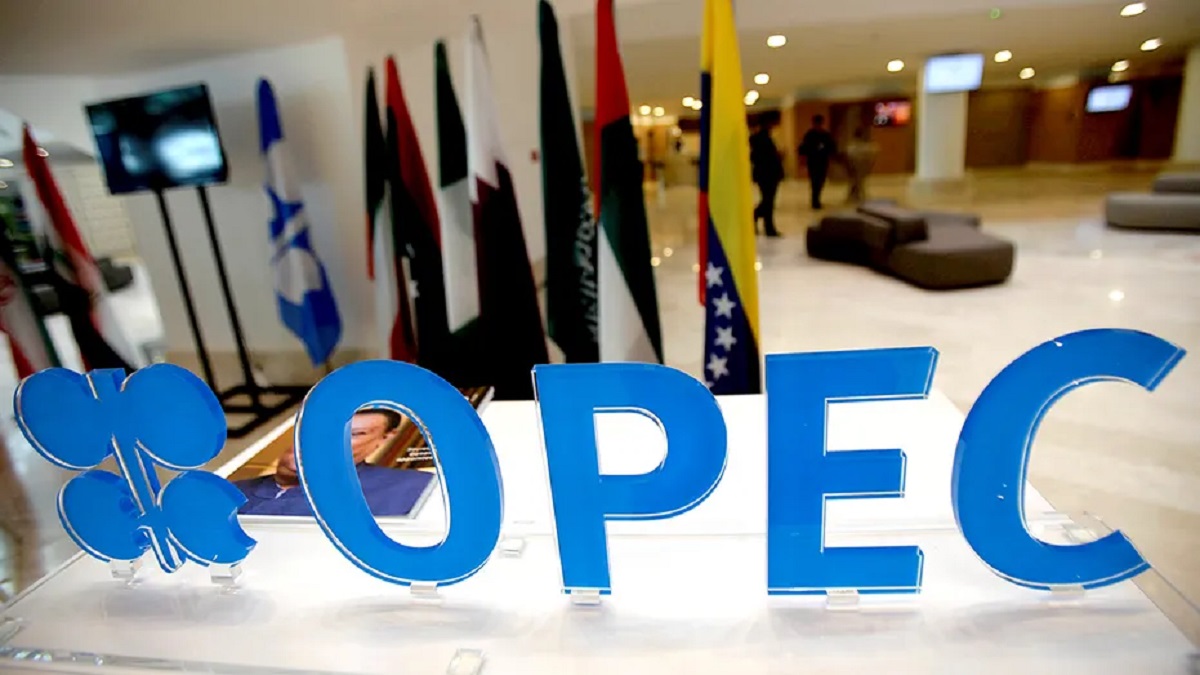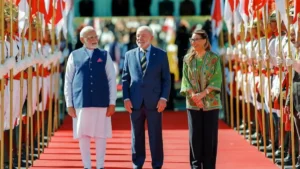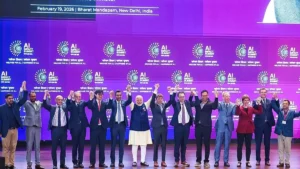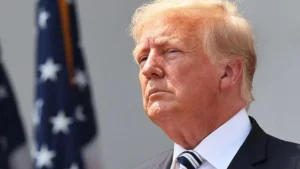Brazil has officially announced its decision to join the OPEC+ group of oil-producing nations as an observer, marking a significant step in its energy policy. This move, approved by Brazil’s National Council for Energy Policy, allows the country to participate in strategic discussions with major oil-exporting nations while maintaining its independence in production decisions. The timing of this decision is crucial, as Brazil prepares to host the United Nations climate summit, reflecting its efforts to balance energy security and environmental commitments.
Why is Brazil Joining OPEC+ as an Observer?
Brazil’s observer status in OPEC+ means that while it will engage in policy discussions, it will not be required to adhere to production quotas. According to Mines and Energy Minister Alexandre Silveira, this platform provides an opportunity for Brazil to exchange views with key global oil producers and contribute to shaping energy market policies. Unlike full OPEC+ members, Brazil retains complete control over its production levels, ensuring it can adjust policies based on its national interests.
The decision aligns with Brazil’s strategy to strengthen its presence in the global energy market. As one of the top oil producers in the world, Brazil seeks to leverage OPEC+ discussions to advocate for stable oil prices and sustainable energy practices. This participation is also expected to enhance diplomatic relations with other major energy players.
How Does This Affect Brazil’s Oil and Environmental Policies?
President Luiz Inácio Lula da Silva has emphasized that oil revenues will play a crucial role in funding Brazil’s green energy transition. While environmentalists have raised concerns over continued oil exploration, Lula maintains that Brazil’s participation in OPEC+ can help push for responsible oil production and investment in renewable energy projects.
One of the key areas of debate is Brazil’s exploration near the Amazon River, a move criticized by environmental groups. However, the government argues that such projects are necessary to sustain economic growth and fund climate initiatives. Lula has also highlighted that Brazil’s role in OPEC+ can be used to encourage other oil-producing nations to reinvest their profits into sustainable energy solutions.
What Are Petrobras’ Plans for Oil Production?
In line with Brazil’s energy strategy, the state-controlled oil company Petrobras is set to increase its diesel production by 120,000 barrels per day in 2025. This move aims to reduce Brazil’s reliance on fuel imports and support domestic energy security.
However, Petrobras has faced production challenges in recent months. The company reported a 10.5% decline in total oil and gas output in the fourth quarter of 2024 compared to the previous year. This drop has been attributed to maintenance issues and unplanned shutdowns at offshore platforms, which have temporarily disrupted operations.
Despite these setbacks, Petrobras is moving forward with its production expansion plans, ensuring that Brazil continues to meet both domestic and international energy demands.
A Strategic Move for Brazil’s Energy Future
Brazil’s entry into OPEC+ as an observer is a strategic decision that positions the country as a key voice in global energy discussions. While the move allows Brazil to stay independent in its production policies, it also provides a platform to advocate for balanced energy strategies that consider both economic growth and environmental sustainability.
As Brazil prepares for the upcoming climate summit, its dual focus on oil production and green energy investment will remain a critical issue. The success of this approach will depend on how well the country manages its domestic energy policies while leveraging its new role within OPEC+ to influence global energy markets.
Key Highlights of Brazil Joining OPEC+ as an Observer
| Key Aspect | Details |
|---|---|
| Why in News? | Brazil has joined OPEC+ as an observer, aiming to participate in global energy discussions without binding production commitments. |
| Status in OPEC+ | Observer (Not required to follow production quotas but can engage in discussions). |
| Government’s Stance | President Lula sees oil revenue as a key fund for Brazil’s green energy transition. |
| Environmental Concerns | Oil exploration near the Amazon has raised concerns among environmentalists. |
| Petrobras Expansion | Plans to increase diesel production by 120,000 barrels per day to reduce import dependence. |
| Impact on Brazil | Strengthens Brazil’s global energy position while maintaining autonomy over oil production. |
| Global Influence | Brazil aims to influence OPEC+ to invest in renewable energy projects. |



 India-Brazil Seal 10 Big Deals: A New Po...
India-Brazil Seal 10 Big Deals: A New Po...
 AI Impact Summit 2026 Concluded As 89 Na...
AI Impact Summit 2026 Concluded As 89 Na...
 Trump Slaps 10% Global Tariff on All Imp...
Trump Slaps 10% Global Tariff on All Imp...








